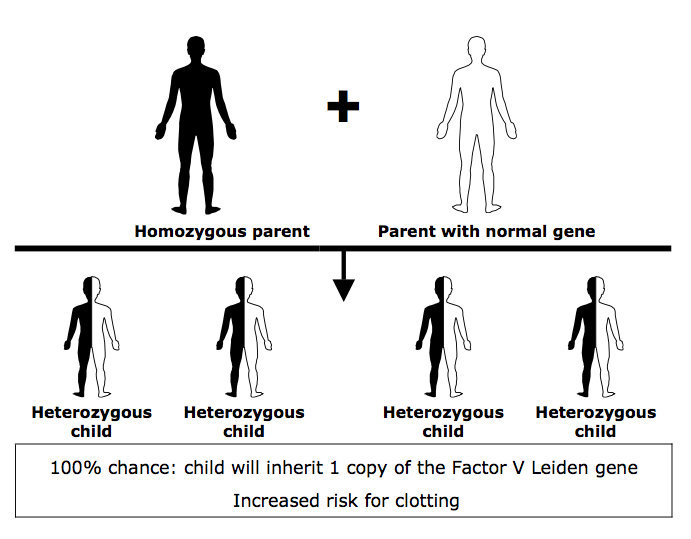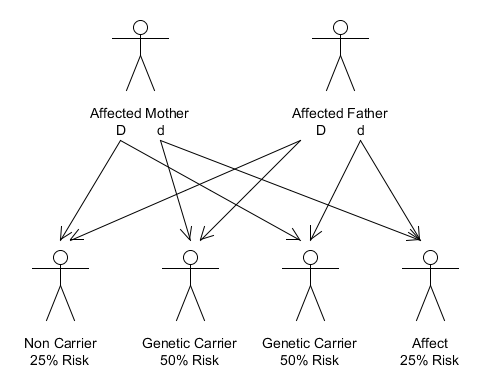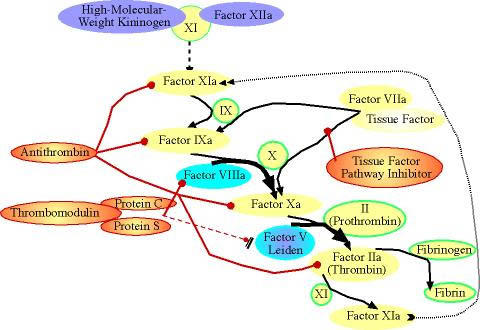Father With Factor V Leiden

We inherit one copy from our mother and the other from our father.
Father with factor v leiden. Factor v leiden is a genetic disorder. The different gene that makes the factor v leiden protein is inherited from one or both parents. Factor v leiden may increase the risk of a blood clot from anywhere from two to five times but it is important to compare that to the general population s risk says ariela marshall m d a mayo clinic hematologist. Two normal factor 5 genes a 25 chance you also asked about the children of a parent who has two copies of factor 5 leiden.
Factor v leiden is the most common of the inherited clotting disorder and occurs in all races and ethnicities. Factor v leiden fak tur five lide n is a mutation of one of the clotting factors in the blood. The factor v leiden protein is harder to turn off than the normal factor v protein. Who is likely to have factor v leiden fvl.
Most people with factor v leiden never develop abnormal clots. Factor v leiden is an inherited heterozygous disorder where one gene comes from dad and one comes from mom. The mutation is named factor v leiden because it was originally discovered at the university of leiden in the netherlands in 1994. Learn more about symptoms risk factors causes diagnosis treatment complications and outlook.
This may lead to abnormal clot formation. Factor v factor five is a protein involved in the blood clotting process. In that case a child could get one copy of factor 5 leiden 50 chance or two copies of factor 5 leiden 50 chance. Each child has a 100 chance of having at least one copy of factor 5 leiden.
But in people who do these abnormal clots can lead to long term health. Most people with factor v leiden thrombophilia have one normal f5 gene and one with the factor v leiden gene mutation. This mutation can increase your chance of developing abnormal blood clots most commonly in your legs or lungs. This makes blood clots more likely to form a condition called thrombophilia.
Factor v leiden causes hypercoagulability which makes it harder for your blood clots to break up. Children born with factor v leiden produce a mutated form of factor v that does not respond well to activated protein c. As a result our risk for having factor v leiden thrombophilia depends on the genetic status of each of our parents. There are a number of inherited blood conditions that may increase a person s chance of developing blood clots in veins.
Factor v leiden rs6025 or f5 p r506q is a variant mutated form of human factor v one of several substances that helps blood clot which causes an increase in blood clotting hypercoagulability due to this mutation protein c an anticoagulant protein which normally inhibits the pro clotting activity of factor v is not able to bind normally to factor v leading to a hypercoagulable. The most common of these is called factor v five leiden. If you have factor v leiden you have a greater chance of developing blood clots.











